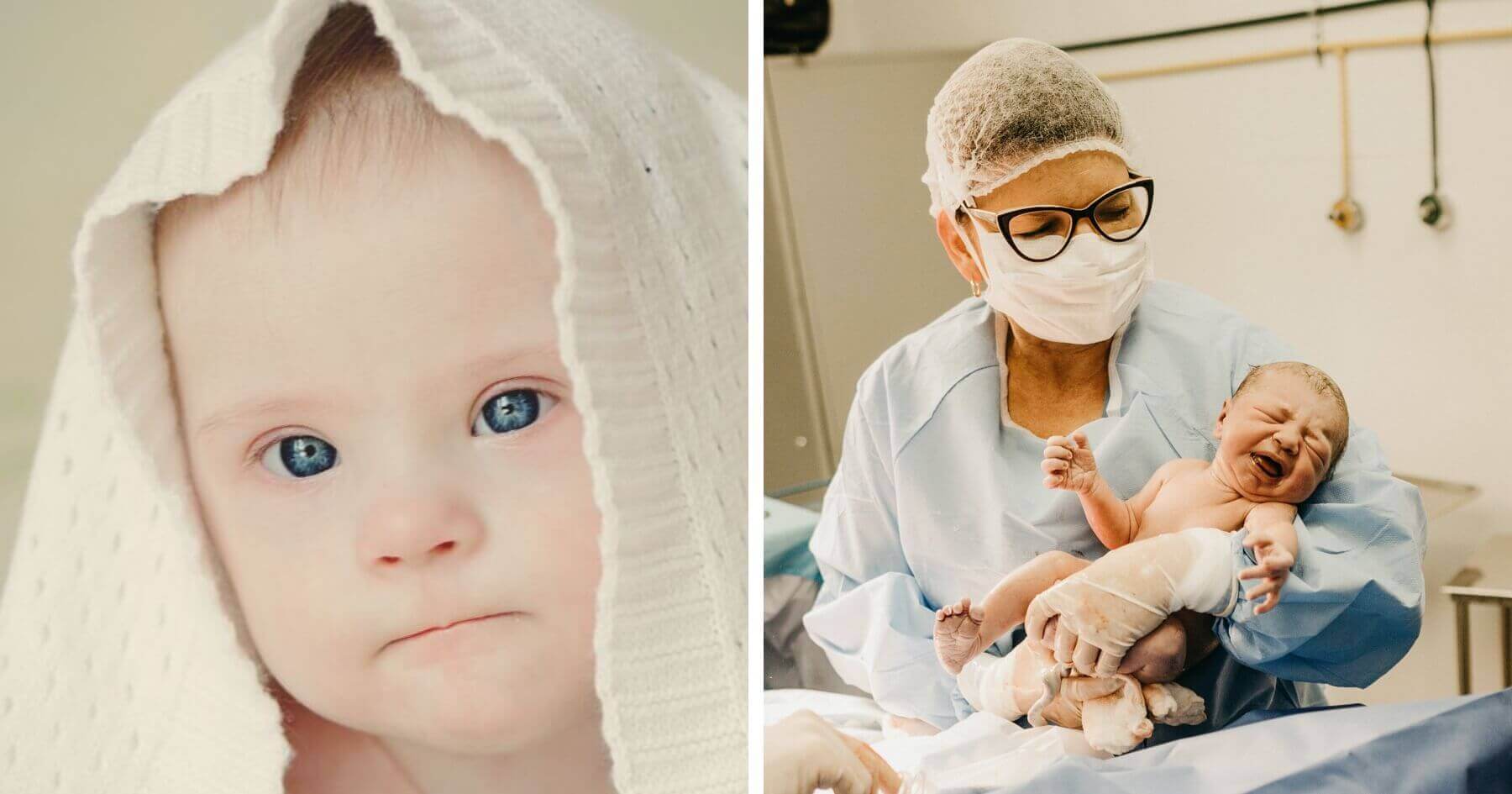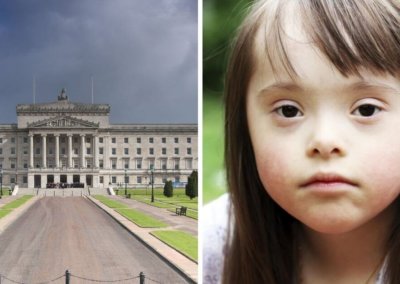A GP in Northern Ireland has expressed support for a Bill which would prevent abortion on the grounds of severe fetal impairment, such as Down’s syndrome and cleft palate.
In the Belfast Telegraph, Dr Sarah Harris described the current law which permits abortion up to the birth if the child has a ‘severe foetal impairment’ as “discriminatory and destructive”.
She said: “As a medical professional, I am involved in supporting individuals throughout their life’s journey, from birth to death”.
“I know first-hand how they provide joy and happiness to everyone around them. I have seen how many of them lead full, vibrant and fulfilling lives with numerous opportunities available to them, in spite of their medical, mental, or physical condition”.
“That is why I support the Severe Foetal Impairment Abortion Amendment Bill… in removing the regulation which allows for abortion up to term in cases of Severe Foetal Impairment (SFI)”.
The Severe Fetal Impairment Abortion (Amendment) Bill, which completed a First Stage in the Northern Ireland Assembly earlier this week, proposes that non-fatal disabilities are not grounds for abortion in Northern Ireland and that the current law discriminates against those with disabilities.
Referring to the current law in Northern Ireland, Dr Harris said: “Its existence implies that those living with disabilities are in some way inferior and not entitled to the same chance in life as those of us who merely had the privilege of living with good health”.
“Being born with a disability does not make you any less likely to lead a fulfilling life than anyone else. To make this assumption is contrary to everything I stand for as a medical professional”.
Disability abortion in Northern Ireland
MLA Paul Givan introduced the Bill and said: “The current law tells those with disabilities that they are worth less than other people, their contribution is less valuable, their lives less important, less full”.
There has been widespread rejection of the imposition of abortion on Northern Ireland, with the Northern Ireland Assembly previously passing a motion in opposition to the extreme abortion regulations, which had the support of 75 out of 90 MLAs. The British Government ignored this vote, however, and went ahead with the imposition of the new abortion regime.
Before the new abortion regime was imposed on Northern Ireland, disability-selective abortion for conditions such as Down’s syndrome, cleft lip and club foot was not permitted and there was a culture of welcoming and supporting people with these disabilities rather than eliminating them.
This is reflected directly in the latest figures (2016) from the Department of Health in Northern Ireland, which show that while there were 52 children born with Down’s syndrome in Northern Ireland, in the same year only 1 child from Northern Ireland with Down’s syndrome was aborted in England and Wales.
This contrasts with the situation in the rest of the United Kingdom where the latest available figures show that 90% of children diagnosed with Down’s syndrome before birth are aborted in England and Wales.
Right To Life UK spokesperson, Catherine Robinson, said: “It is no wonder that a doctor who actually works with people with Down’s syndrome, cleft palate or club foot supports a change in the abortion law. The law across the UK unambiguously says that some lives are worth more than others, that the lives of people with these conditions are not worth living. Dr Harris is able to see this for the lie it is”.












